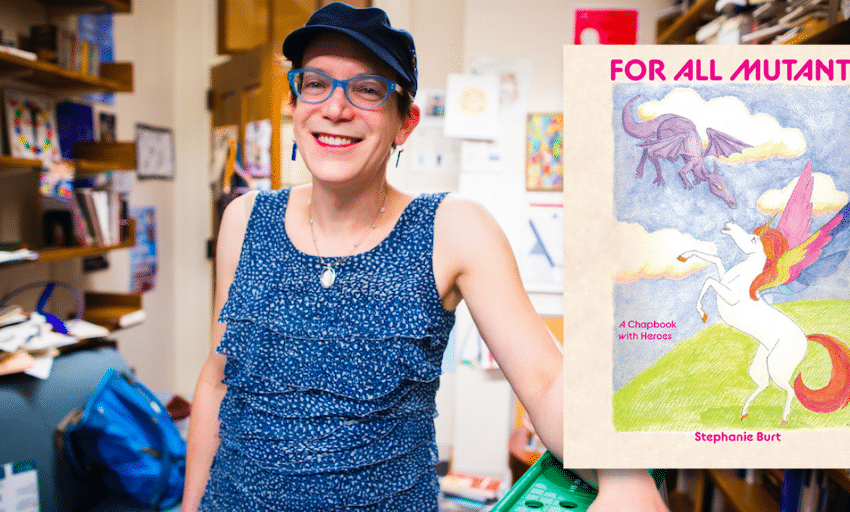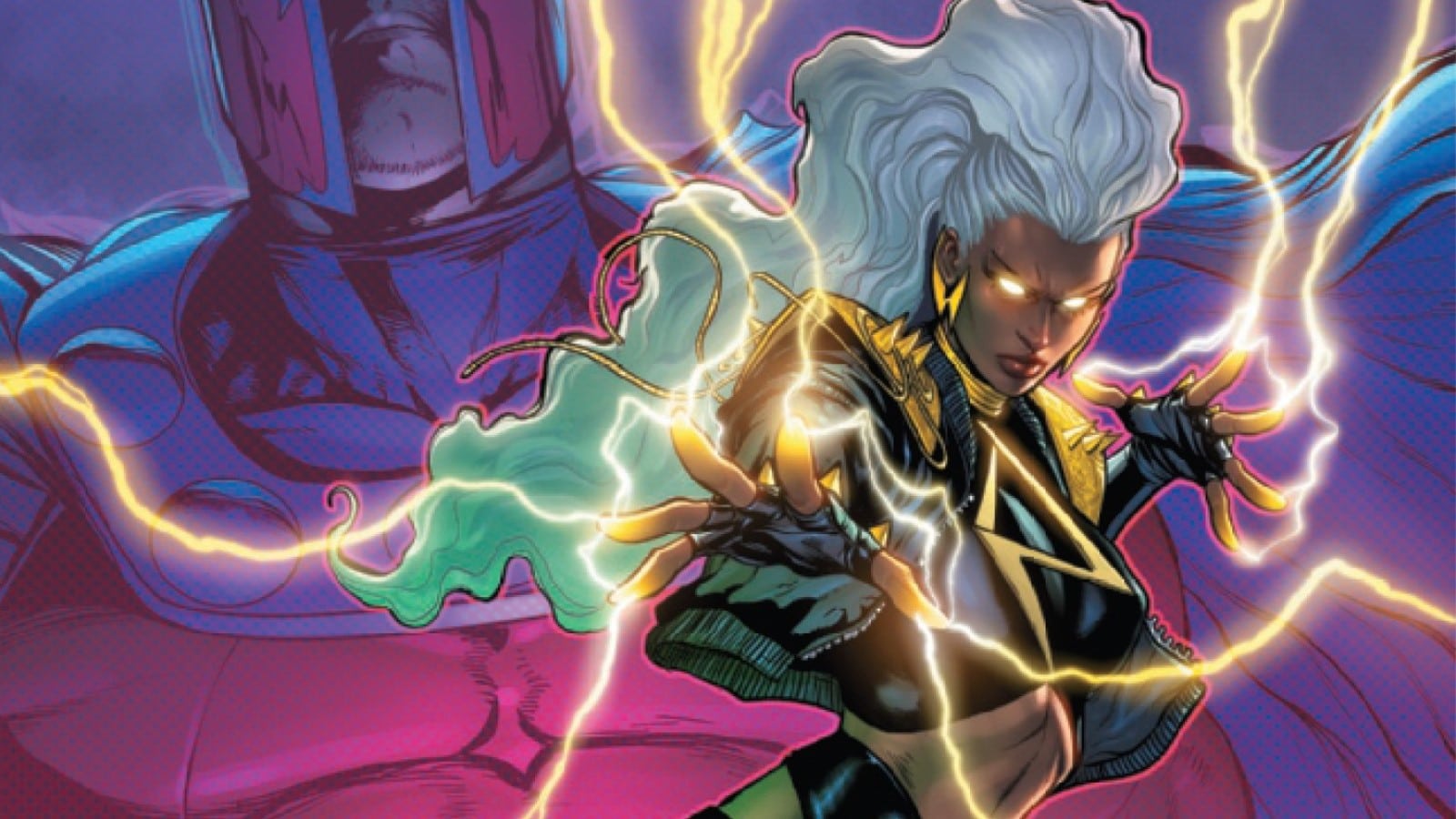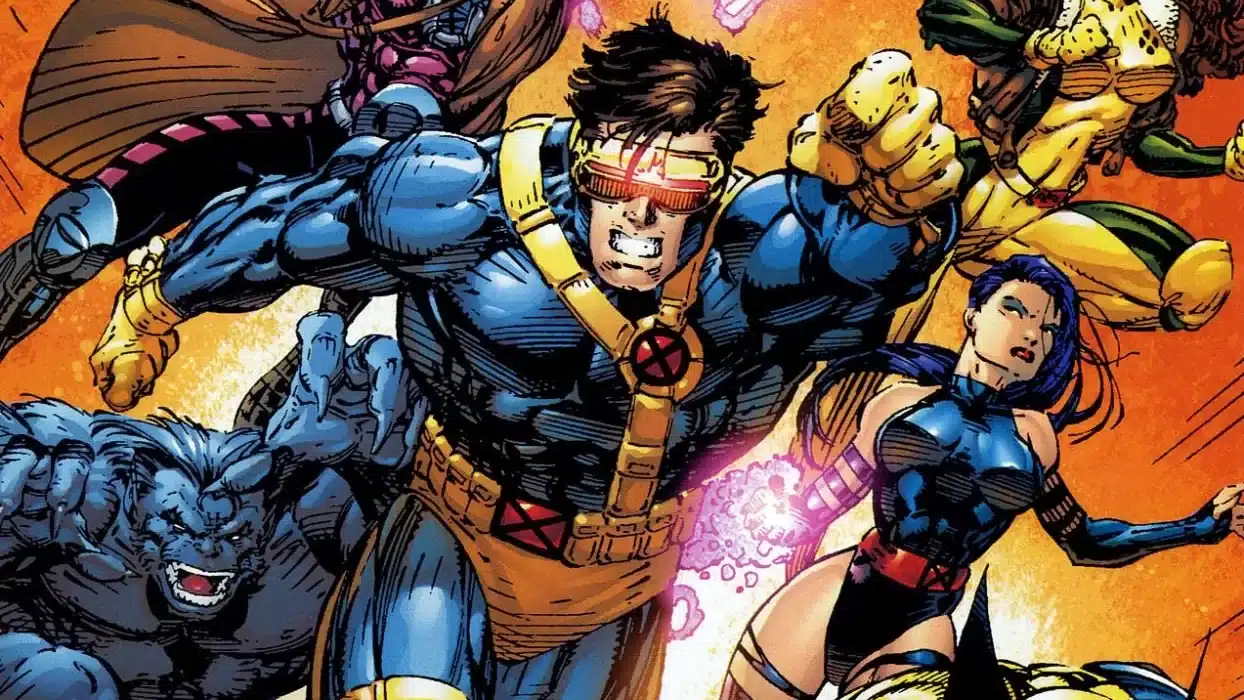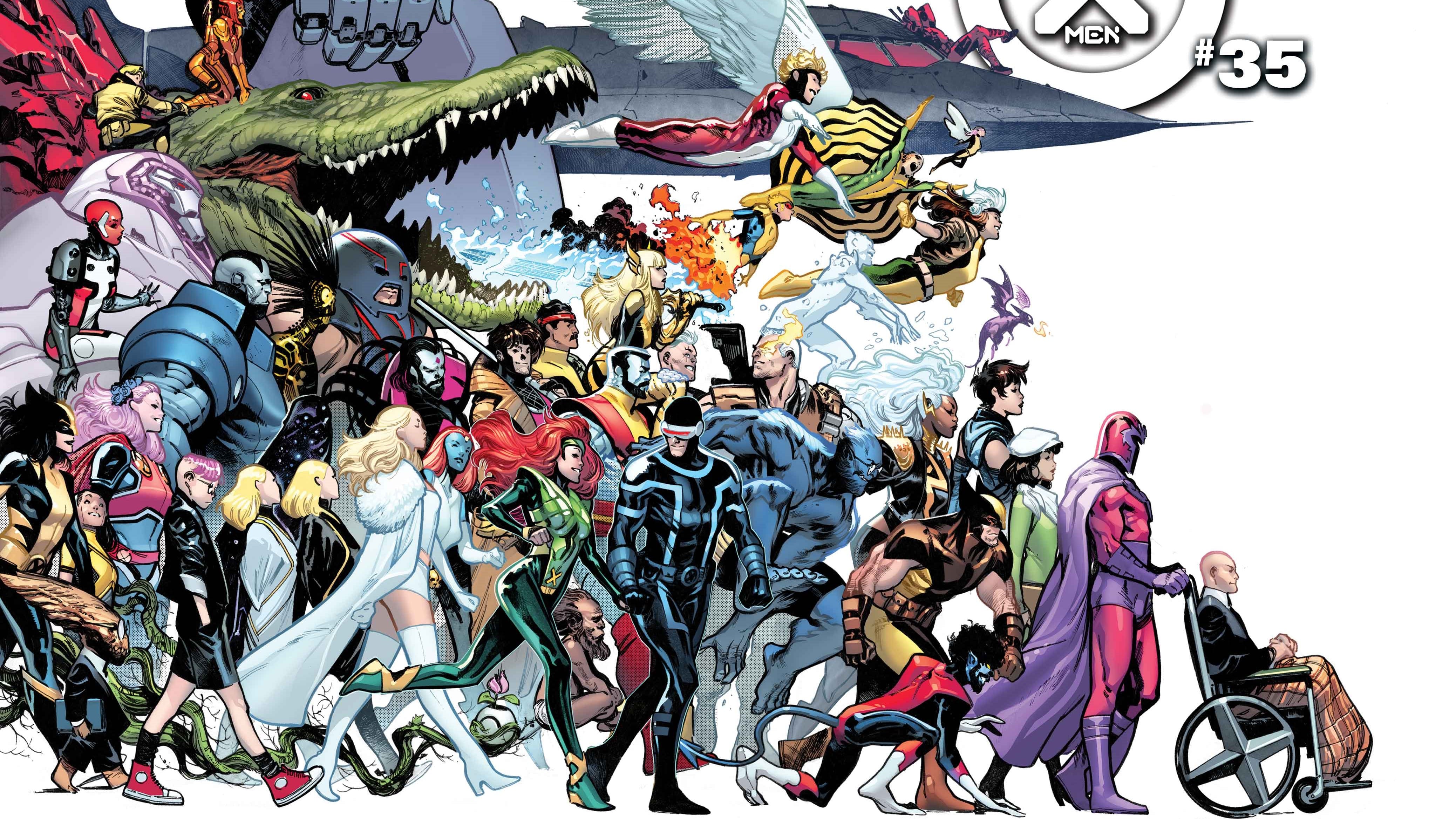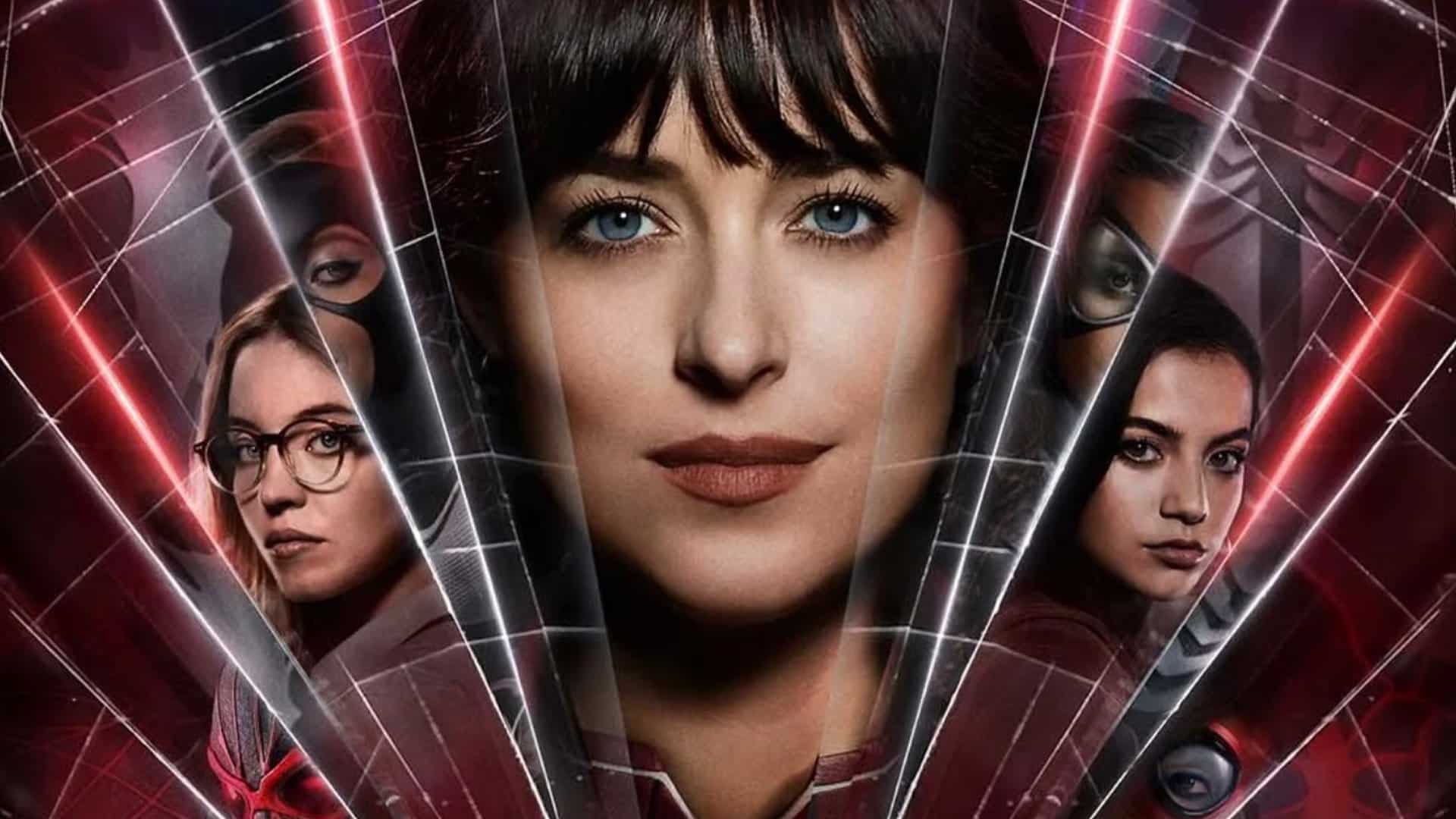Some of us live in two worlds. Or three, or more. In world one, we drive kids to school, or drive ourselves to school, or drive ourself to distraction with the paperwork we have to do from home: we try to save money on takeout, if we can afford it, and walk the dog if we have a dog, and fall in love, and confide in friends. In other worlds, we defend our schools against dragons, or sail a solar schooner around the sun, or learn to control our mutant powers, and fall in love, and confide in friends. Those secondary worlds—as William Butler Yeats, and William Blake, Ursula K. Le Guin and Sun Ra knew—are not just vehicles for escape and glamor and high-stakes adventure, but also ways to understand the lives we live, and hope to live, in world one.
And they become more powerful when they are shared. Sometimes we make up our secondary worlds and try to get others to understand them: sometimes we adopt worlds others have already shared.
A gathering of world-sharers is, in modern argot, a fandom: if they make new art (drawings, writings, songs) for those shared worlds, they are a transformative fandom. Transformative fandoms have been around (depending on your definition) for decades, or for about a century (if you begin from Sherlock Holmes), or for millennia (if you count the Aeneid, for example, or include apocrypha from the Hebrew Bible). Modern transformative fandoms for company-owned properties maintain a strong social norm against profiting from fan-made narrative works (for legal as well as social, subcultural reasons), but no such norm against individual, small-scale sales of transformative art.
Or poems. My chapbook For All Mutants, published this summer by Ohm/ Rain Taxi Editions, is not the first collection of fan poems, nor is it the first collection of poems about a company-owned superhero. That honor likely belongs to Bryan Dietrich’s terrific Krypton Nights, about Superman, which won the Paris Review’s first book prize in 2002; Dietrich has followed up with Prime Directive (2011), about Star Trek, and Amazon Days (2018), about Wonder Woman. Jeannine Hall Gailey’s Becoming the Villainess (2006) looks at superheroes in general; Ray McDaniel’s intricate Special Powers and Abilities (2013) considered the far-future teens in DC Comics’s Legion of Super-Heroes. You can probably guess the hero behind Gary Jackson’s Missing You, Metropolis (2013) or the subject for sonnets in Chad Parmenter’s Bat & Man (2012).

For All Mutants is my set of poems about my secondary worlds, and about my superheroes: it’s my stack of verses to, and for, and about, both the characters that have let me live my life, and the real people with whom I share those characters, some of whom have become my closest friends. Some of those characters are mutants from Marvel Comics’ X-Men comics (don’t confuse them with their movie counterparts). Others come from television and film. (Mara Hampson’s cover illustration imagines a meeting between two flying favorites, Lockheed the space dragon, from X-Men comics, and Swiftwind, the bold talking, flying horse from She-Ra on TV.)
I try to treat these heroes as other poets have treated other characters from secondary worlds, like Ulysses or Caliban. For me they are highly personal but also shared, and shareable. Indeed I’m drawn to them in part by the way they can be shared: I’m not the only person I know who over-identifies with Kate (formerly Kitty) Pryde, the one-time junior member of the X-Men who now leads her own ship-based pirate team. Nor am I the only person I know who thinks a lot about how queer coming out, transgender representation, and disability politics in the real world make sense through the lens of the best X-Men comics. Kate, for example, is a former gifted kid, more comfortable among adults; a former teacher, devoted to her troubled students; and a formerly closeted bisexual woman. Her mutant power allows her to pass through solid objects, becoming insubstantial, and for a long time those powers could not be turned off– Kate’s default state was phased: she moved through the world like a ghost, as if she had no physical body. Real life trans people might relate.
Some of the poems in For All Mutants speak directly for their superheroes. Kate gets a long-lined confident villanelle about who she’s been and how far she’s come: “I used to be everyone’s go-to girl for tech support. Now I’m a scarlet pirate queen.” The technology-happy, and autistic-coded, heroine Entrapta, from the TV cartoon She-Ra and the Princesses of Power, muses in terza rima about what she can and can’t learn from her circuit boards:
I can program, or reprogram, any mechanical antagonist, but can’t name my feelings.
Kate’s older, fuzzy, devoutly Catholic teleporting friend Nightcrawler —who (unlike Kate) could never pass as a regular human being—speaks a poem adapted from the French of Paul Verlaine: his God
wants us to speak up for our real selves Once we know what they are.
Other poems take superheroes as jumping-off points. There’s one called “Logan” addressing both the airport in Boston and the fierce, three-clawed, mutant better known as Wolverine. “Prayer for Werewolves” picks up on the troubles many real-life people share with the troubled mutant Rahne Sinclair, responding to the vibe summed up (after I wrote the poem) in Nola Pfau’s magnificent “Adoption Papers for Rahne Sinclair.” “Over New Jersey” considers the DC Comics character Firestorm: The Nuclear Man, a teen and an adult trapped in the same body, able to fly and zap bad guys, but liable to debates between themselves:
the man had no body and lived in the head of the boy.
Superhero stories often, and mutant comics always, show both the limits and the special powers of unusual minds and bodies, some of whom can, and some of whom can never, pass for regular folk. And superheroes have helped so many of us figure out who we want to be in part because they are still negotiating their identities themselves. You can call these poems—and these superheroes—adolescent, and maybe the whole chapbook describes adolescence: much modern poetry, from “Prufrock” onwards, is, like it or not, about adolescence, which for many of us never fully ends. It’s a cliché to say that trans people who come out after our teens experience a second adolescence, and (like many clichés) it has roots in fact: some of us even go through puberty again (I promise that if you’re trans, it’s more fun the second time).
If finding friends who understand you, finding support, getting recognized as your real self, and finding a socially useful mission, a way to use your particular powers, are forms of adolescence, then I see no reason to leave adolescence behind. Nor do the superheroes in these poems: I could not have become myself without them, without the real life communities their fans have formed.
And those communities—fandoms, if you like—become the focus for the last set of poems in the book, the explicit parodies or rewrites of already famous poems. These poems emulate high culture models, and show off their connections to high culture forms: they also show how these older models, older ways to write and read poetry, apply to the contemporary lives that we and our superheroes live. Kate’s sometime (so fans believe) paramour Illyana Rasputin, a demon-cursed, spellcasting swordswoman, speaks of her love for Kate in an X-Men-oriented rewrite of Sappho 31. Peter Parker, from the Marvel Cinematic Universe, thanks his patron Tony Stark in phrases semi-translated from Horace’s Latin ode to his own patron Maecenas. Shakespeare’s short poem about mysterious faithful lovers, “The Phoenix and the Turtle,” becomes a poem about a famous X-Men storyline involving faithful love and death and resurrection, “The Phoenix and the Dark Phoenix,” with line-by-line parallels attaching Shakespeare’s words to Chris Claremont and John Byrne’s story:
Let the bird of cosmic prey On the drugstore spinner rack Herald, gold and red and black, Tragedy for our Jean Grey.
Finally, near the end of the chapbook, there’s a line-by-line homage to Ralph Waldo Emerson’s “Hamatreya,” a poem (in Emerson’s original) about a town and the Earth on which it stands: I’ve made it into a poem about the current state of superhero comics, especially X-comics, and their fans, a state that is also a nation-state, since X-Men now control an island nation where mutants can thrive. In my attempt to envision that nation, each creator, each character andeach fan sees their own name validated in comics letterer “Orzechowski’s capitals, cartouch’d,/ Saying ‘We made these mutants; we know them.”
My poem ends, as Emerson’s ends, with the Earth itself—the mutant island—singing: “Mutants are yours/ If you want them, dear queers, dear/ Readers.” It’s the least individual, most collaborative poetry I’ve ever made: not just a transformation worked against, and a response to, modern superhero comics, and Emerson’s poem, but an offering to the other critics and fans and fan-artists and forum-participants and podcasters and listeners without whom I would not be me. If I got it right, and if you have something in common with these mutants, or space princesses, these poems might even help you become you.
Want samples? You can read Emma Frost’s semi-sestina along with “Hank McCoy’s Complaint Against the Danger Room” in Strange Horizons, my poem for Rahne Sinclair in Raritan, and Peter Parker’s thank-you poem to Tony Stark right here.
Stephanie Burt is Professor of English at Harvard. Her podcast about superhero role playing games is Team-Up Moves, with Fiona Hopkins; her latest book of poems is We Are Mermaids. Her nose still hurts from that thing with the gate.

